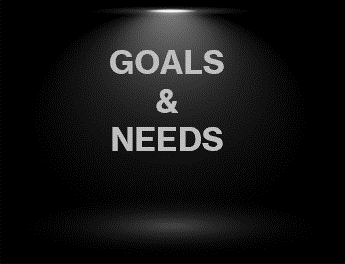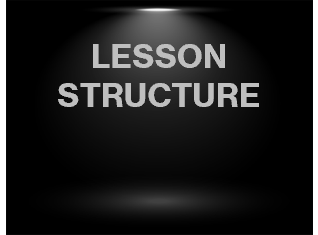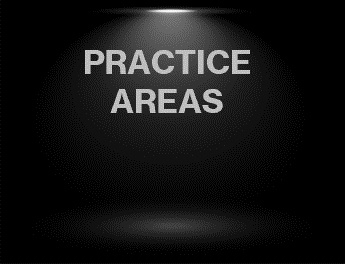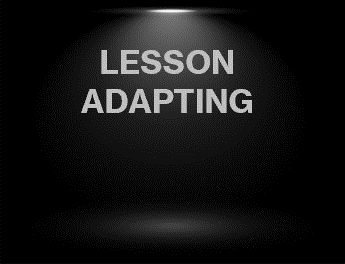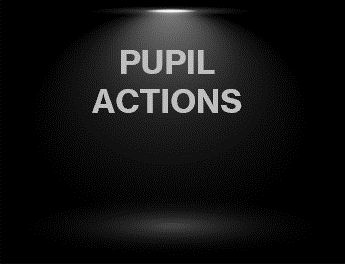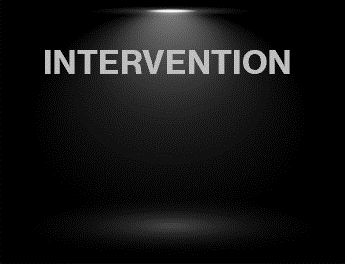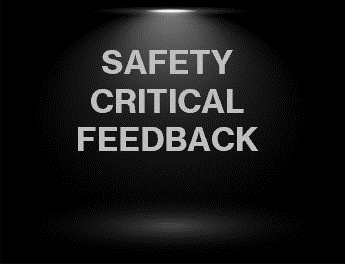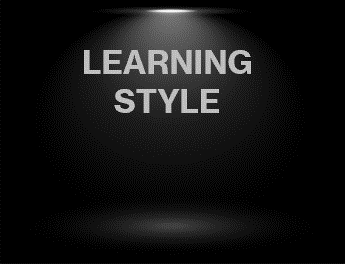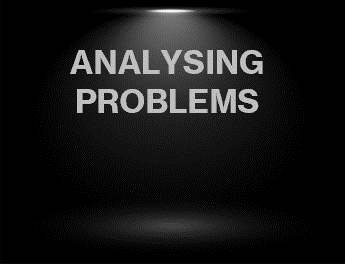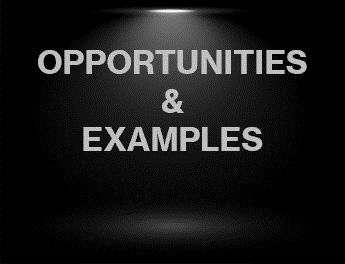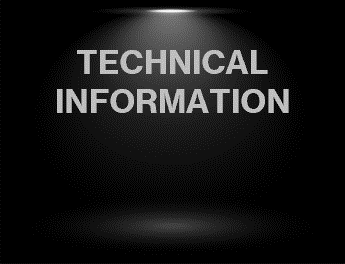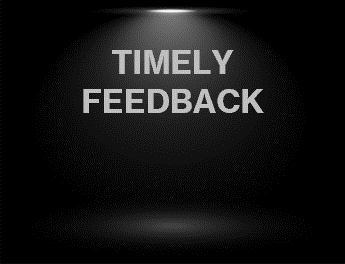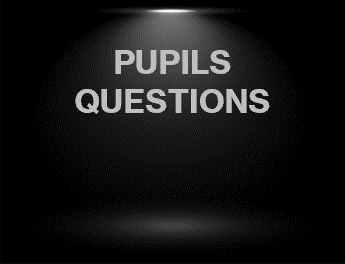How do I start a conversation to make the pupil reflect on their lesson?
Quite simply.
How do you feel today went?
What did you enjoy most about today?
Do you feel you achieved your goal?
What was the best thing about the lesson?
If there's one thing that worked well today, what would it be?
How much better do you feel you drove today?
Sometimes, even with the best will in the world to start a conversation, you may one get a single word reply.
Instructor.
"So how do you feel that went today?"
Pupil.
"OK!"
To try and get them engaged further, you can follow up with additional questions.
Instructor.
"Ok, so what did you find that was Ok?"
Pupil.
"Well, I was better with my checks on my mirrors before signalling"
And so on and so forth.
Just keep digging with a few questions to get them to reflect on things they did well.
Praise the good!
But you also need to allow them to reflect on the not so good.
I'm not saying that you should end the lesson with a heap of negatives, as you want to keep your pupils positive and looking forward to their lessons.
And you can always turn a negative into a positive by how you word your questions.
For example.
Instructor.
"So, was there anything today that you felt you could have changed?"
Pupil
"Yes"
Instructor.
"Ok, that's good the you have recognised that, as understanding and reflecting on the not so good things are as important as reflecting on the good things. This is how we get better. So what was there about today that you felt could have been dealt with a little better?"
Pupil.
"Well, there was a couple of times that I didn't get the gear into the correct gear when slowing down"
Instructor.
"Yes, I had spotted them. However, did they affect your control of the car, or anyone else around us?"
Pupil.
"No not today as there was no one around us when it happened"
Instructor.
"That's correct which is why I let you carry on and didn't step in. It is important that during your lessons you can be allowed to make some errors so that you understand the consequences when things don't go as planned. If everything went well during your lessons, how would you know what to do once you have passed your test if you had never experienced them before. By making them now, and me allowing you to do it when it's safe, you can experience them and find a solution to them with or without my assistance, It's build your knowledge and helps you in the future.
So thinking about your next lesson, what could you do to ensure this gets better?"
Pupil.
"Well I suppose if i start my routine earlier then I would give myself time to ensure I had the correct gear first"
Instructor.
"Brilliant! So should we put that into your notes as something to practice on your next lesson?"
Pupil.
"Yes that would be good as it didn't make me feel good when the car was juddering"
So in this instance, there was a negative from the pupil not you, which you delved into and worked out a plan of action with the pupil to help them resolve it on their next lesson.
The previous conversation between the two of you was far better than having a conversation that went like this.
Instructor.
"So, was there anything today that you felt you could have changed?"
Pupil.
"Yes"
Instructor.
"Oh I'm glad you said that, because your gear changing was terrible on quite a few occasions, You must learn to get that gear change in place before the turning. Anyway, we'll deal with that on your next lesson."
You've not given the pupil time to reflect on the problem or even if this was the problem they were thinking of.
You've just fired into them about how bad their gear changing was.
If you're out to lose pupils this is a mighty fine way of doing it.
If you find that your pupil is unresponsive with their reflection, then it's probably down to your line of questions.
Try reframing your question with a different question and from maybe from a different angle.
Some of your pupil's may be too embarrassed to answer a question as you have not gained a good enough rapport with them yet, or it's just that they simply do not know the answer. By asking questions in a different way, you may spark a conversation on the parts that they might know the answer to and then you can to fill in the blanks for the bits they don't.
There may be times when you could use the, I'm not asking you a direct question, question.
In these instances you could ask a question like
"If you were talking to someone else about today's lesson, what would you tell them went well and what didn't go so well"
Or if you got a "I don't know" answer
You could respond with a
"So tell what you do know about don't know"
It's amazing how this may lead to a response.
From an Instructors point of view IT IS VATAL that you keep a record of each lesson.
What the lesson goal was, what went well what didn't go so well, how your pupil felt about what went well and what didn't and how they want to proceed on the next lesson etc.
It may seem a bore at the end of the day or after each lesson to write up notes, but it is so important that from one week to the next (or longer if they are not having weekly lessons) that you can reflect back on their previous session. If you can't remember what they did or how they did on their previous session how can you productively help to move them on, or keep an eye on things that didn't go so well previously?
If you are keeping notes, and you can discuss with your pupil how their last lesson went. They will appreciate that you are taking a vested interest in their learning and it will help them to reflect on their previous lesson at the start of their next lesson.
